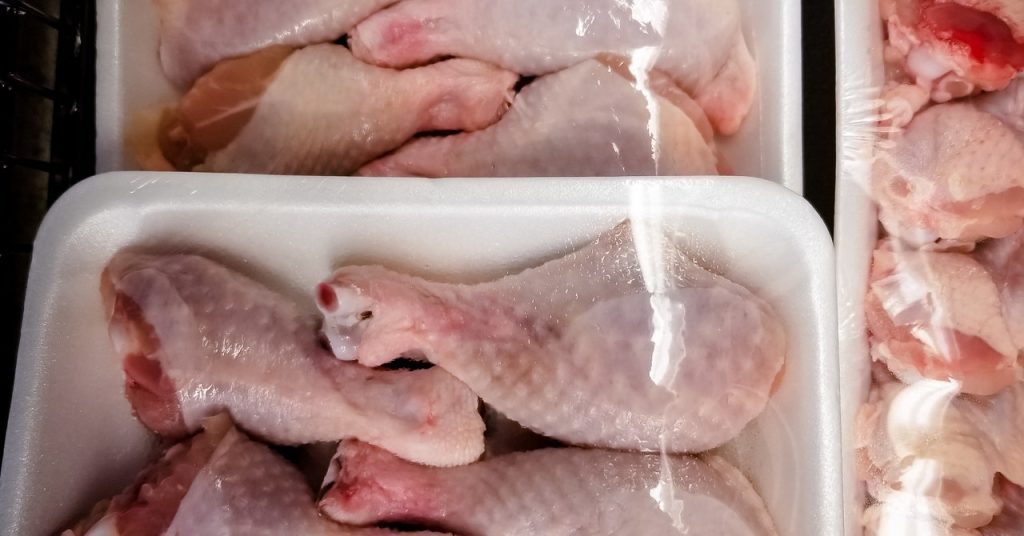Understanding Bird Flu Contamination in Food Products
How Bird Flu Spreads
Investigations are under way to confirm how bird flu spreads. Infected birds can shed the virus through their saliva, nasal secretions, and feces, potentially contaminating animal-derived food products during processing and manufacturing.
Bird Flu in Dairy Products
Fragments of bird flu genetic material (RNA) were found in cow’s milk from dairy herds associated with infected US farmers. However, the spread among cattle and possibly to humans is likely due to contact with contaminated milking equipment, not the milk itself.
Detection and Safety of Milk
The test used to detect the virus in milk is highly sensitive, similar to PCR tests for Covid. It can detect very low levels of bird flu RNA but does not distinguish between live or inactivated virus. Therefore, we cannot determine if the virus found in milk is infectious.
Is Milk Safe to Drink?
In Australia, where bird flu has not been reported in dairy cattle, milk and milk products are safe to consume. In the US, the safety depends on whether the milk is pasteurized. Pasteurization is a reliable method for destroying microbes, including the bird flu virus. Although there is limited research on pasteurization’s effect on H5N1 in milk, we can infer from studies on chicken and eggs that pasteurized milk is safe.
Risks of Raw Milk
For unpasteurized or “raw” milk in the US, the situation is different. A recent study showed that mice fed raw milk contaminated with bird flu developed signs of illness. Therefore, it is advisable to avoid raw milk products to be safe.
Bird Flu in Poultry
Global Outbreaks
Bird flu has caused sporadic outbreaks in wild birds and domestic poultry worldwide, including in Australia. Recently, there have been three reported outbreaks in Victoria.
### Avian Influenza: Understanding Bird Flu and Safety Measures
Recent Outbreaks in Australia
In recent times, several outbreaks of bird flu have been reported in Australia. Notably, Victorian poultry farms have experienced cases of H7N3 and H7N9 bird flu. Additionally, an outbreak of H9N2 bird flu was detected in Western Australia.
Human Infection Risks
The strains identified in these outbreaks can infect humans, but such cases are rare. Human infections typically occur through close contact with infected birds or contaminated environments. The risk of transmission through chicken meat is minimal.
Safe Handling of Chicken Meat
It’s crucial to handle chicken meat with care to avoid contamination from pathogens like Salmonella and Campylobacter. Here are some tips:
- Shopping and Transporting: Use a cool bag to transport meat and ensure no meat juices contaminate other items.
- Storage: Refrigerate or freeze chicken within two hours of purchase.
- Avoid Washing Chicken: Washing raw chicken can spread harmful microbes around the kitchen. Learn more.
- Cooking Thoroughly: Ensure chicken is cooked thoroughly as viruses, including bird flu, cannot survive cooking temperatures. Read more.
Are Eggs Safe?
Recent outbreaks have raised concerns about bird flu transmission through contaminated eggs. Research indicates that influenza viruses can potentially enter eggs through their shells. Therefore, cooking eggs thoroughly is recommended to eliminate any risk.
The US Food and Drug Administration advises cooking poultry, eggs, and other animal products to the proper temperature and preventing cross-contamination between raw and cooked food.
Summary
If you consume pasteurized milk products and thoroughly cook your chicken and eggs, there is no need to worry about bird flu as it is inactivated by heat. The greater concern is the potential evolution of the virus into highly pathogenic forms that can be transmitted from human to human. This scenario poses a more significant threat than transmission through food. Learn more.

5 Comments
Ever wondered if cooking thoroughly makes bird flu a non-issue?
Serioulsy? People still believe cooking doesn’t kill viruses?
Scrambled, fried, or poached, isn’t cooking the great equalizer for bird flu?
Are you seriously considering giving up omelets because of bird flu paranoia?
Cobalt: Isn’t the real question whether you’re willing to give up your favorite breakfast over a what-if?